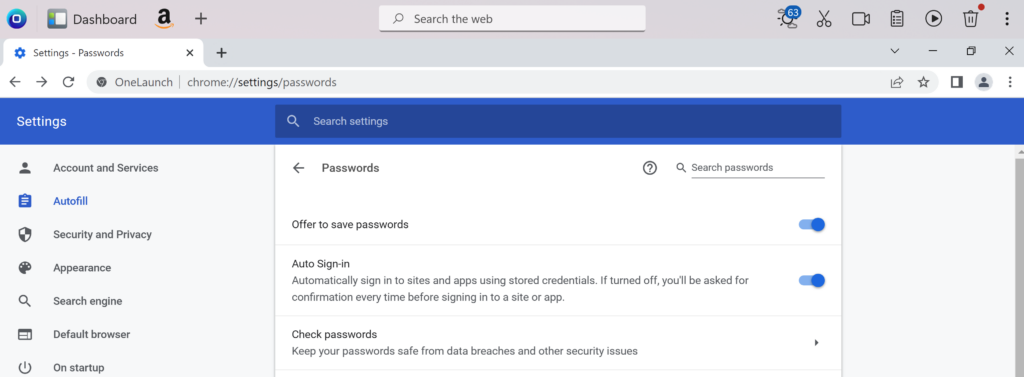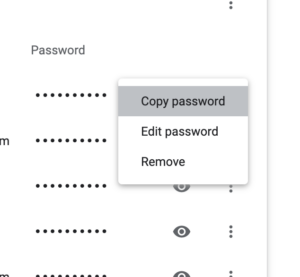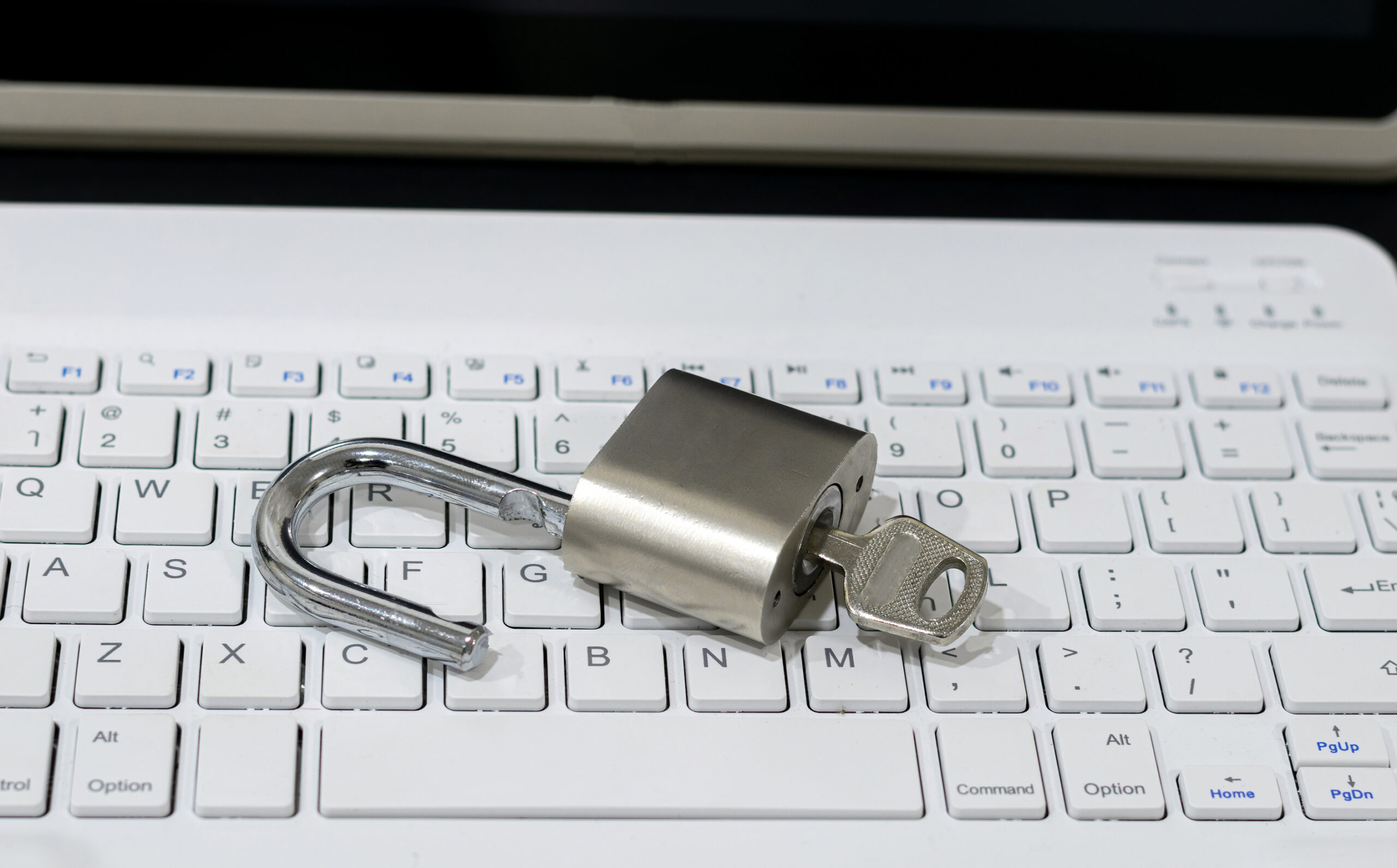Are Password Managers Legit and Safe? All About Password Apps
Forgot your password? We’ve all clicked that button. As more products and services transition to the online marketplace, there’s an increasing number of accounts that we have to create. With each of those accounts comes a new password, each with its own set of requirements, making them harder to remember.
Fortunately, there are services that will securely store your passwords for the sites you regularly use. These are called “password managers,” and they store all the login information you have for the sites you frequently use. When you log into a site, the password manager automatically fills the username and account password that’s stored in the system and logs you in.
Is a password manager right for you? We’ll be going through information on password managers to see whether it’s right for you.
Are Password Managers Safe To Use?
Password managers have pros and cons. Many people have apprehensions about services that put all of your account and password information in one place. Putting all of your “eggs” in one basket, so to speak. This is certainly a concern with password managers, as someone accessing it with malicious intent would be able to access your personal information.
Not only are password managers far more secure than, say, a bunch of sticky notes or a spreadsheet on your desktop, but they also make it easier for you to “remember” passwords. Practicing good password safety means creating new, complex passwords every couple of years (if not more often) and never using the same password on multiple accounts. This is difficult to do when you’re relying on memory. Chances are, you’ll have to store all of those passwords somewhere anyway, and a password manager is much safer than a notebook (or, to be honest, our brains)!
Password managers will generate complex, secure, and unique passwords for every different account that you have. That way, you’ll only have to regularly change and remember the one password you use for your manager.
Realistically, hackers and scammers are far more likely to get your account information through phishing emails or phone scams that trick you into giving away your password than a manual hack into a system, although movies and TV would have us believe otherwise.
With online security, the human element is usually the weakest link.
If you’re browsing the internet safely and mindful of suspicious links and scams, the convenience and security of a password manager far outweigh the potential security risk.
What Password Manager is Right for You?
Some password managers work as a virtual vault that you can access when needed. It will have all the information on your accounts stored like a library that you can search and access as needed. These applications are usually subscription-based and allow you to store and share other things, like documents, securely.
Others, like OneLaunch Chromium Browser’s built-in password manager, will allow you to access your passwords directly from your browser. OneLaunch’s web browser is built on Chromium, and therefore it includes the best free password manager.

When creating an account with a password for the first time on a specific website, OneLaunch’s Chromium password manager will offer to generate a unique, safe password that it will store in its system. Or, you can override it and create your own password. When logging into that website again, you’ll receive a prompt from the manager to automatically fill out your login information.
If you need to see or review your saved passwords, you can go to your OneLaunch Chromium settings and select Autofill. You can then click Passwords and see all of your currently Save Passwords. Once there, you can choose to copy passwords, edit them, or remove them. If you use Chrome or another browser, they offer very similar password management services.

Ultimately, it’s up to you to decide how you’d like to balance your convenience and security. However, if you’re comfortable with storing all of your passwords in a notebook or other physical space, you can be comfortable with storing your passwords in a password manager.










 Share On Twitter
Share On Twitter